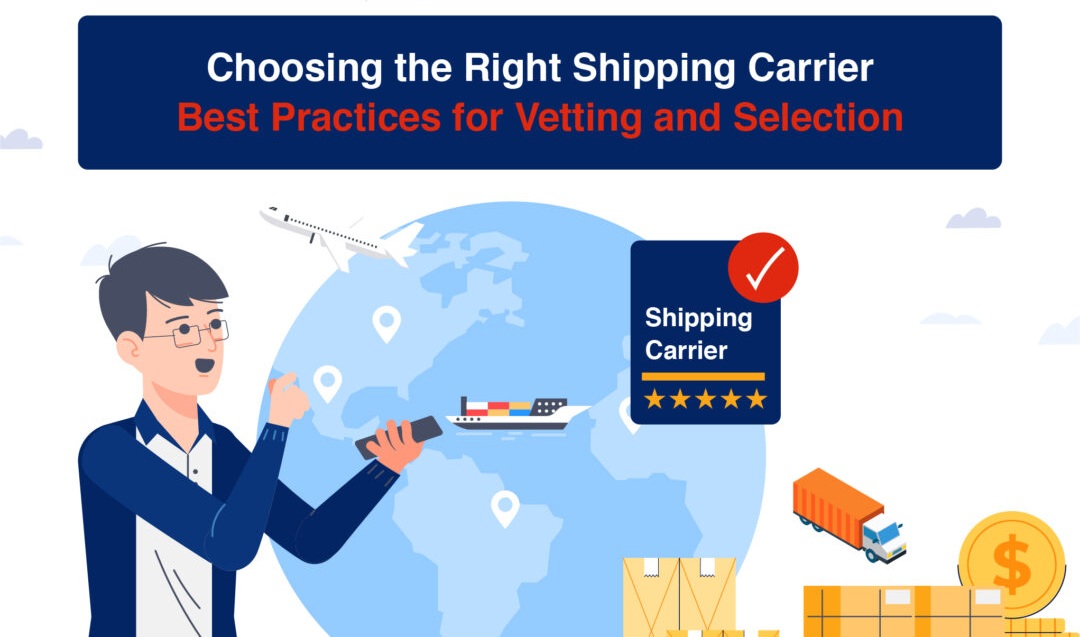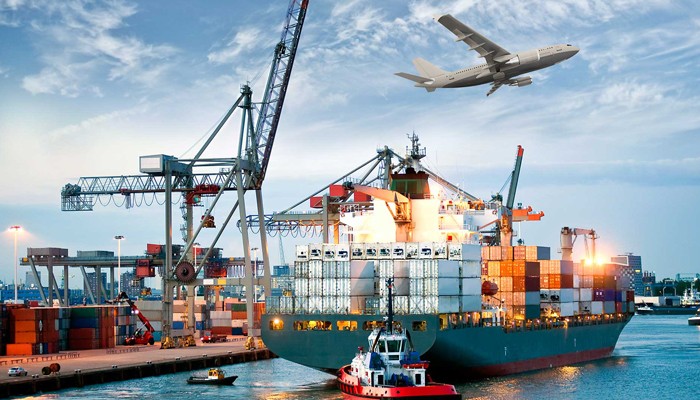Hidden Costs in International Transport – and How to Avoid Them
When planning international shipments, most businesses focus on visible costs like freight rates and fuel charges. However, there are many hidden costs that can quickly turn a seemingly affordable shipment into an expensive one. Understanding these costs—and learning how to avoid them—can significantly improve your bottom line.
1. Customs and Documentation Errors
Incorrect or incomplete paperwork can result in penalties, storage fees, and delivery delays. Even a small mistake in a customs declaration may cause unexpected costs.
Tip: Always work with a freight forwarder who double-checks documentation and ensures compliance.
2. Demurrage and Detention Charges
When containers stay too long at ports or terminals, carriers apply demurrage or detention fees. These can add hundreds of pounds to a shipment.
Tip: Plan ahead, arrange fast customs clearance, and monitor cargo closely to avoid delays.
3. Inefficient Route Planning
Choosing a cheap carrier without considering transit time or reliability can lead to delays, which result in higher costs elsewhere (missed deadlines, penalties from clients).
Tip: Consider total cost, not just transport rate. Sometimes a slightly higher upfront cost saves money in the long run.
4. Insurance Gaps
Many companies underestimate the importance of cargo insurance. Damage or loss without proper coverage can be financially devastating.
Tip: Always check what level of insurance is included—and whether you need extra protection.
5. Hidden Surcharges
Fuel surcharges, tolls, and handling fees often appear on invoices after the shipment.
Tip: Request full cost transparency before booking.
Hidden costs can undermine even the best shipping strategies. By anticipating them and working with experienced logistics partners, businesses can protect margins and keep supply chains running smoothly.




